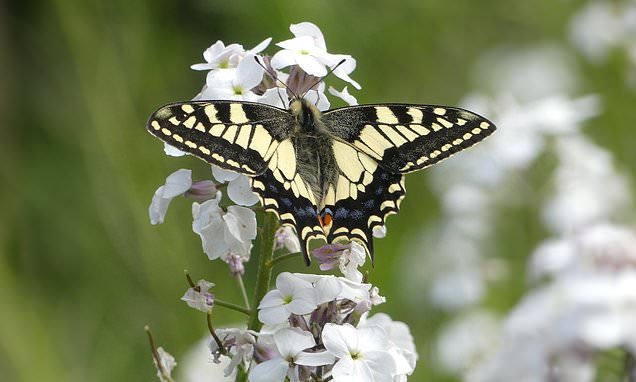Home / Environment / Rare British Butterfly Faces Extinction, Researchers Explore Cryopreservation to Save It
Rare British Butterfly Faces Extinction, Researchers Explore Cryopreservation to Save It
1 Oct
Summary
- British Swallowtail butterfly population has dropped 57% in 20 years
- Researchers testing if freezing eggs in liquid nitrogen can help conservation
- Captive breeding program using similar butterflies as model for research

As of October 1st, 2025, researchers are exploring whether cryopreservation could help safeguard the future of the endangered British Swallowtail butterfly. The population of this rare species, found exclusively in East Anglia, has dropped by 57% in the last 20 years due to habitat loss, climate change, and genetic erosion.
To test the viability of freezing butterfly eggs, the team from Anglia Ruskin University is using a thriving captive population of a genetically similar but more abundant European cousin at Jimmy's Farm and Wildlife Park in Suffolk. They will freeze the eggs of this related species in liquid nitrogen at minus 196°C and then attempt to rear butterflies from the frozen samples, comparing their development and reproductive success to control groups.
If the cryopreservation method proves effective, the researchers hope to apply it to the British Swallowtail's eggs to support long-term conservation strategies, such as breeding programs and reintroduction efforts. "Cryopreservation is a promising tool for supporting conservation efforts, but we believe this is the first time it has been attempted with butterflies," said Dr. Alvin Helden of Anglia Ruskin University.
The project, which also involves the UK biobank Nature's SAFE, holds significant importance for developing cryopreservation techniques not only for the British Swallowtail but across pollinators and invertebrates as a whole. "This research has the potential to help safeguard the future of the British Swallowtail and significantly contribute to butterfly conservation in general," Helden added.



